Progress comes when we listen better—to communities, colleagues and our own creativity. At 3 Bridges, we develop strategies with mission-driven organizations to align their vision for change with the communities they serve and strengthen the bridges between missions and tools, between plans and teams.
The Leadership Conference on Civil and Human Rights
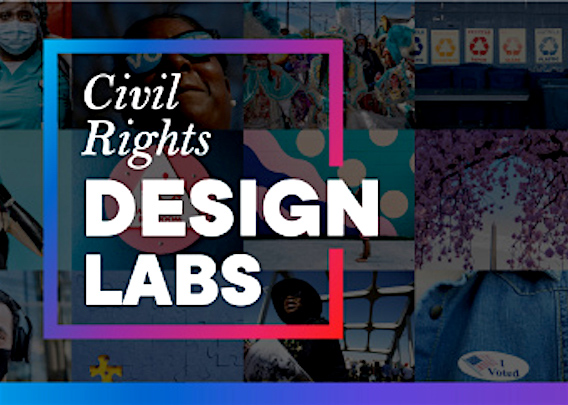
Technological progress should promote equity and justice as it enhances safety, economic opportunity and convenience for everyone. But far too often, the people subject to historical and ongoing discrimination bear the brunt of the harms amplified by new technologies.
I am working with The Leadership Conference on Civil and Human Rights to develop Civil Rights Design Labs, workshops where tech companies, civil rights experts and tech users connect to consider the uses and consequences of technology, and the processes behind the scenes where risks and solutions are often found.
These cross-sector labs are helping to spur more equitable and participatory approaches to product development in areas including hiring, lending, and justice reform.

The Leadership Conference on Civil and Human Rights
The Ford Foundation
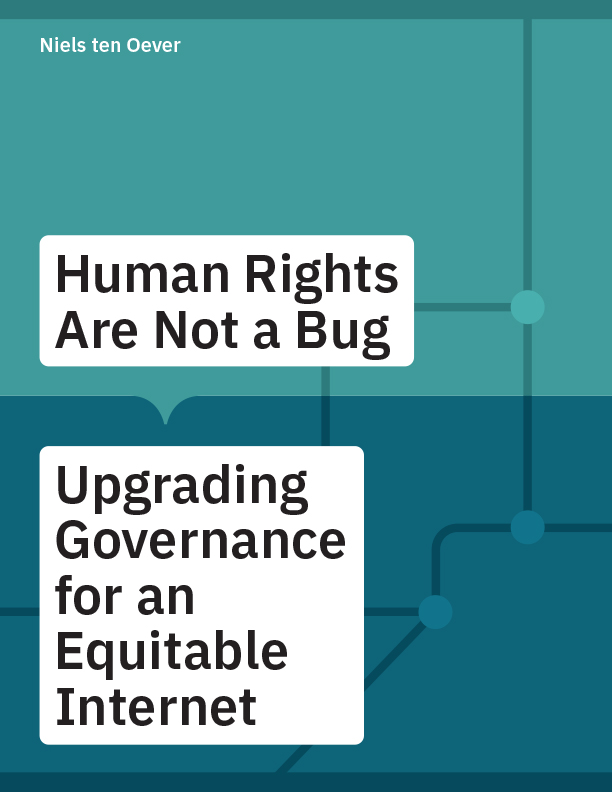
Edited and helped rewrite (and retitle) report on the governance of internet, “Human Rights Are Not a Bug,” by author Niels ten Oever. The report illuminates the history and the high stakes of the links between human rights and the internet’s infrastructure—the matrix of services, connections and rules that keep the internet running.
Learn more and download the report from the Ford Foundation …

The Ford Foundation
The Harwood Institute
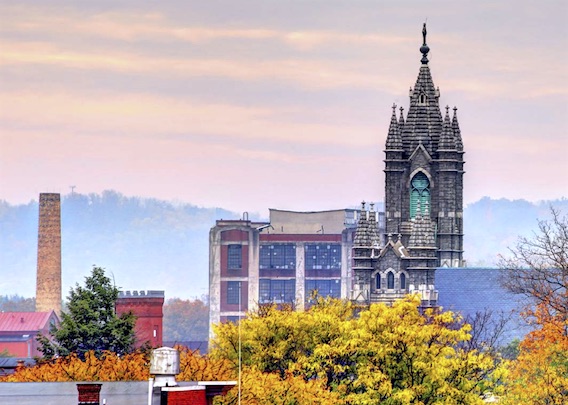
In collaboration with The Harwood Institute, I wrote about the trust between local officials and residents in small and large communities around the U.S., and wrote and edited reports on three American cities struggling to improve education opportunity amid civic distrust and racial disparities.
“Seeking a New Relationship with Communities,” prepared with Taylor Newberry Consulting and supported by The Kettering Foundation, reveals a strained relationship between officials and the public and how leaders are seeking a new footing to help them reach past the public’s doubts about government and about traditional outreach and engagement methods.
In reports on Reading, Pennsylvania, Lexington, Kentucky and Clarksville, Tennessee, the team analyzed the fundamental structures and norms that shape opportunities for young people—including trust between families and schools, or the capacity of local organizations to cooperate with their communities, or each other. Based on Institute’s “public capital” framework, the reports offer paths forward to enact an education agenda and strengthen civic life.
The Harwood Institute equips people, organizations, communities and networks with the tools to bridge divides, build capacity, and tackle shared challenges.

The Harwood Institute
Arnold Ventures
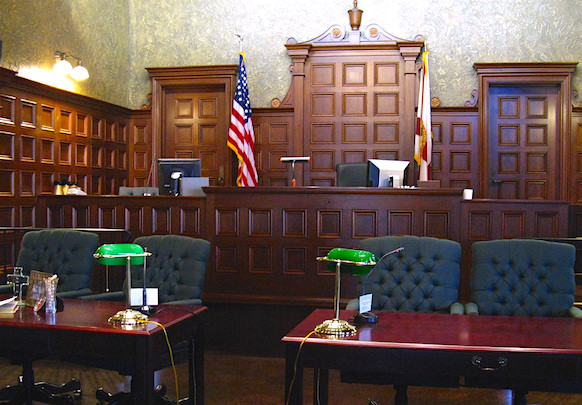
Designing a platform to help local courts improve the pretrial process. To support responsible, effective adoption of new decision-making processes, we created a suite of online learning and knowledge-sharing tools and drove new investments in racial equity, community engagement and algorithmic accountability.
Arnold Ventures has sought to improve the United States criminal legal system through technology-based innovations that support judicial decision-making. For several years, the foundation’s Public Safety Assessment has been provided to local courts through high-touch local site consultations.
As lead digital strategist, I guided a development process to connect designers, learning experts and the community of early adopters, and ensure that we align good training approaches with the needs of small and large local courts.
If we want to use technology to tackle social justice problems on a national scale, we must balance the sometimes competing needs of new policies, ingrained practices, and the risks that surround the uses of technology by courts and law enforcement. The better we listen, the more effective and just these changes will be.

Arnold Ventures
The World Bank
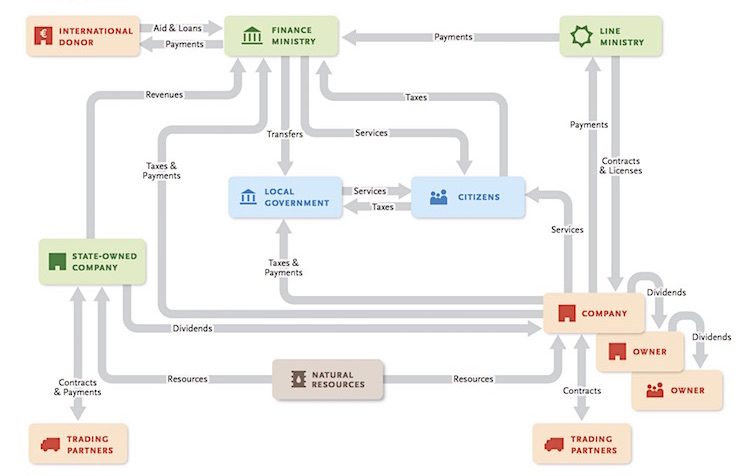
Overseeing the development and design of a visualization to follow the money and follow the data for greater economic justice.
For years, the World Bank’s Governance programs have worked with colleagues in human rights and economic justice to illustrate the complex relationships between country budgets and international companies and between government revenues and the local communities that ought to benefit from government spending.
As new transparency rules and open data technologies emerge, we have new opportunities to connect the dots and make financial policy easier to understand.
Working with World Bank colleagues, fiscal transparency experts and veteran designer John Emerson, I’ve led the creation of several versions of a “Follow the Money” visual, conceived to be simple, flexible and, in future versions, interactive.
We’ve begun with a simple visual vocabulary to more clearly explain fiscal systems to a wider group. We’re making a tool that’s flexible for future uses, to help advocates save time and money, and to avoid rebuilding the wheel with another trendy infographic.
More importantly, we believe that by making a visualization that can be repurposed for different uses, we can give the groups that use it a channel for better collaboration.
While open data laws and watershed events like the Panama Papers reveal vast amounts of raw material to support data analysis and the fight on corruption, it’s the linkages between data sets and between private or government institutions that tell the real story.

The World Bank
Open Contracting Partnership

Guided the Open Contracting Partnership through their independent launch, aligning programming with mission and defining a public voice for speaking to foundation donors and international audiences.
Incubated within the World Bank, OCP champions a new culture of transparency and public understanding of government contracts. They seek a more nimble approach to policy advocacy, based on network-building and projects that are vehicles for learning and adaptation. OCP has also pioneered the Open Contracting Data Standard, a tool to unify procurement information across governments and strengthen the open data ecosystem.
In the months surrounding the launch of OCP, I helped define priorities and developed a vivid organizational message, drawing on my experience in policy advocacy, transparency, open data innovation and open contracts in particular. I worked with OCP leadership to translate these high-level plans into strategy documents, fundraising materials that helped secure several million dollars in grants, and plans for an overhauled website .
The Open Contracting Partnership is unique as a pioneer for open government, but it faced a common challenge for advocates: how to establish its own profile while directing public attention toward a shadowy corner of government policy. The balance we struck—between a pure policy focus and an affirmation of OCP’s sector leadership—was critical to the successful launch of the organization.

Open Contracting Partnership
Natural Resource Governance Institute
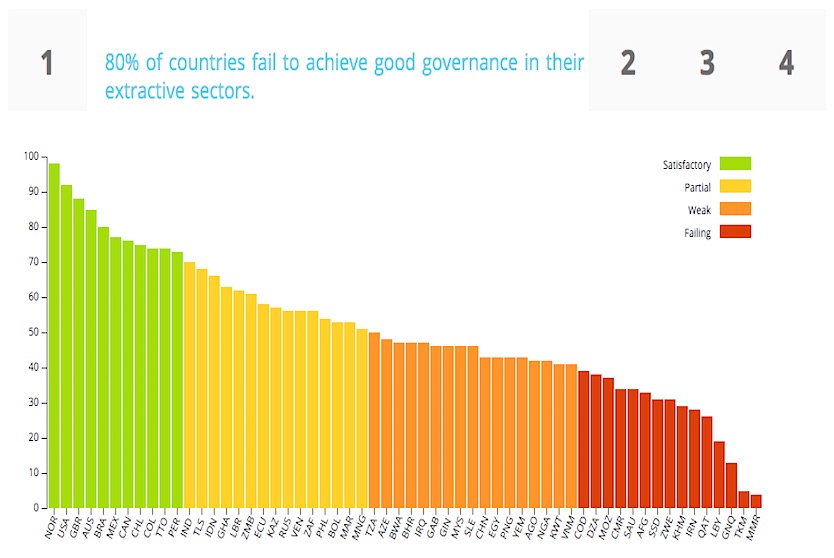
Established online presence and content strategy to guide new international NGO to greater visibility and leadership in the campaign for oil and mining transparency. Conceived a series of cutting-edge tools demonstrating the potential of open data to advance economic justice.
The Natural Resource Governance Institute was founded by George Soros in 2006 (as the Revenue Watch Institute) to promote openness in the management of the oil and mining industries, in particular in the developing countries that depend the most on natural resource revenues. NRGI supports activists, lawmakers and journalists with funding and expertise in the oil, gas and mining sector. It also helps governments secure a better deal for their resources and promotes reform through new rules in U.S. and European markets, and through programs like the Open Government Partnership and the EITI.
My primary role was as internet director, leading vision, planning and delivery of two website redesigns over five years, and launching RWI’s initiatives on Twitter, YouTube, Facebook and its own blog. During RWI’s first three years, I also managed communications, guided creation of the group’s first annual report and added staff to the web team.
I pioneered our investment in open data projects, pushing RWI and the wider extractives transparency community to embrace the power of digital tools to make oil and mining data more available, easier to use and, most of all, easier to share between governments and citizens and between disconnected international organizations.
We launched tools including two editions of the Resource Governance Index and the groundbreaking repository of contracts, ResourceContacts.org. Conceived during a conference of the Transparency and Accountability Initiative, the contracts repository has grown into the largest public collection of natural resource contracts online.
Since 2013, I have continued to help guide the development of ResourceContracts.org as an NRGI advisor and consultant. From our first steps as a public voice and digital innovator, the organization has expanded its global advocacy for good governance, and stepped further forward as a proponent of experimentation and investment in open data.

Natural Resource Governance Institute
Transparency and Accountability Initiative
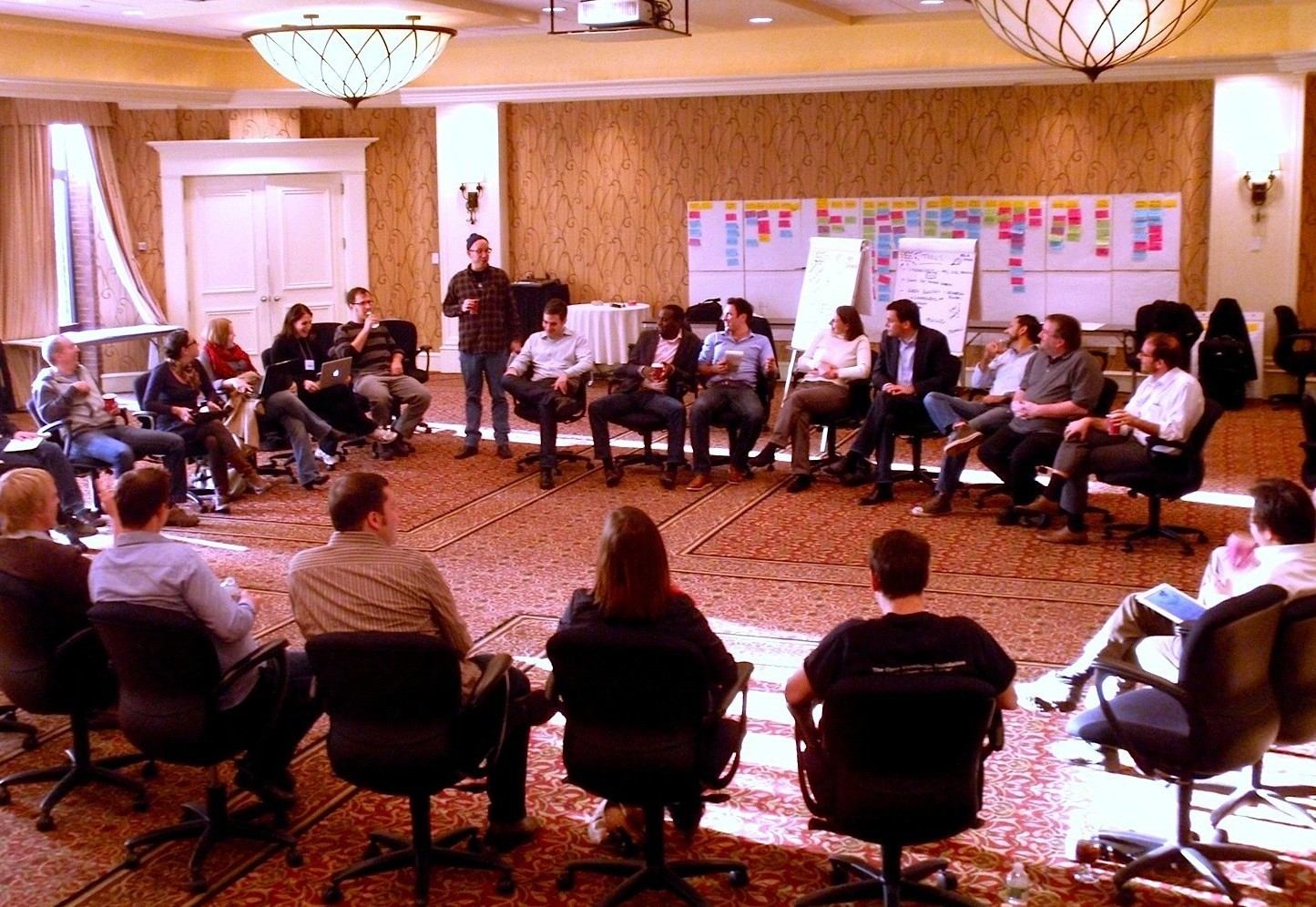
The Transparency and Accountability Initiative, a collaborative of international donors, was created to move the transparency field forward through best practices and honest assessments about the impact of policy and technology innovations.
Working with leading donors, I helped conceive and brand the project’s TABridge program to bring together technologists, policy experts and foundation officers.
Digital tools can help citizens and leaders improve governance, but the full potential of these tools often remains untapped. At a time when tech optimism spawned a lot of bad decisions, we worked to bridge gaps in understanding and establish new models for collaboration to make governments more accountable and transparency campaigns more effective.
The TABridge organizers group planned and hosted workshops that gathered activists, techies and donors from six continents to learn from each other and set better mutual expectations for aligning technology and advocacy.
I also edited and wrote the program blog from 2012-2015, drawing on partners across the T/AI network to talk about challenges, successes and failures in the integration of digital tools by campaigns and institutions.
We sparked relationships between leaders across borders and disciplines, and helped change how all our colleagues enlist technology in the fight for social and economic justice. Along the way, we introduced a new strain of realism—and listening—into an often frenetic conversation.
Some of the projects conceived at or informed by TABridge include School of Data, Buntwani, the Follow the Money Network, Environmental Working Group’s mobile apps, Nigerian Oil Spill Monitor, a new Global Witness web site in 2015, and ResourceContracts.org and its sister sites tracking land contracts and mining contracts in Guinea.

Transparency and Accountability Initiative
Open Society Foundations
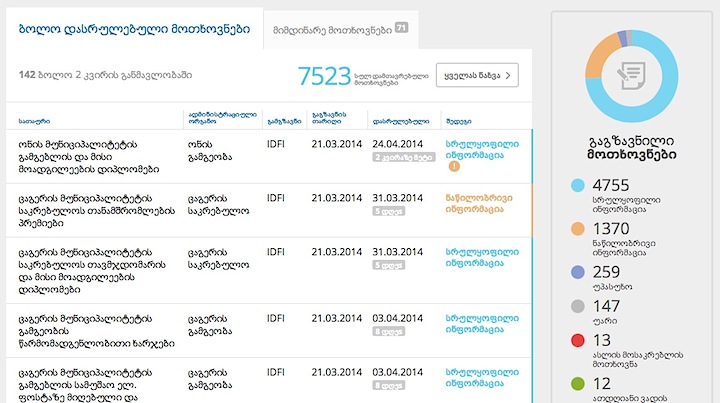
Research and strategy alignment to promote effective grant-making and adoption of technology at donor organizations and large NGOs.
*** still under construction ***

Open Society Foundations
American Civil Liberties Union
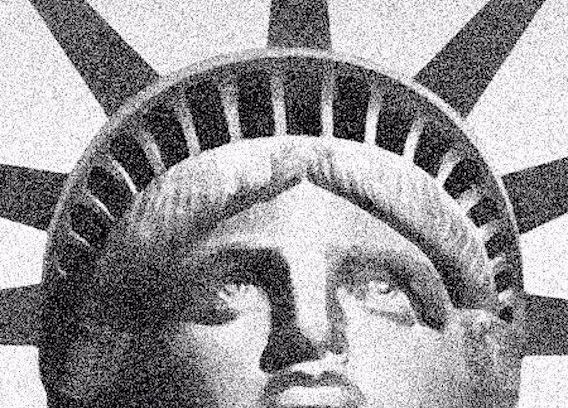
As the first national internet director for the ACLU, I convened a standing team of fellow directors from the legal, organizing and development offices to set online priorities across departments and improve strategic communication.
The ACLU was nearly 100 years old in 2005, facing a crisis unlike any the organization had seen before, as revelations of military torture and domestic spying forced a wrenching national debate over security and liberty.
- Oversaw strategy and publishing for ACLU national web site, managing five-person team. Led comprehensive redesign of site architecture and design
- Advised attorneys and staff on vision and language for web initiatives, including challenges to NSA spying and Patriot Act, post-Katrina justice initiatives, youth outreach, and the first-ever searchable repository of government documents related to the torture of US detainees.
- Launched ACLU’s first-ever blog, Facebook, podcast and YouTube initiatives. Produced multimedia features. Spearheaded improved integration between national site and 53 affiliates.

American Civil Liberties Union
The New York Times
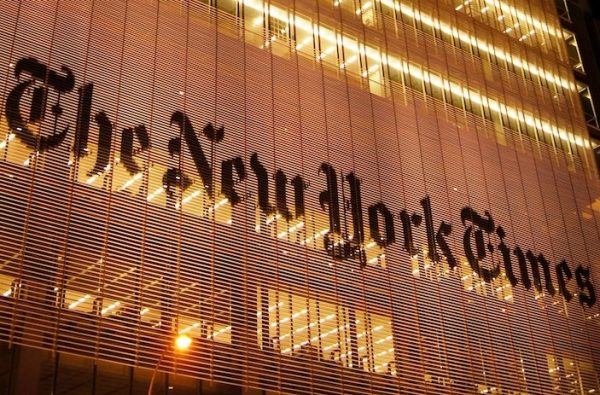
As interactive editor for NYTimes.com:
Managed all reader discussions on NYTimes.com. Supervised full-time staff and remote hosts. Advised print editors, designers and consultants on integration of online community.
Launched New York Times Magazine on NYTimes.com and produced online magazine weekly.
Developed reader forums for Pulitzer-winning 2000 series on race in America. Ran live online auditoriums with guests including Rev. Jesse Jackson, astronauts on the Shuttle Endeavour, authors and journalists. Designed and managed program of weekly news and arts chats.
